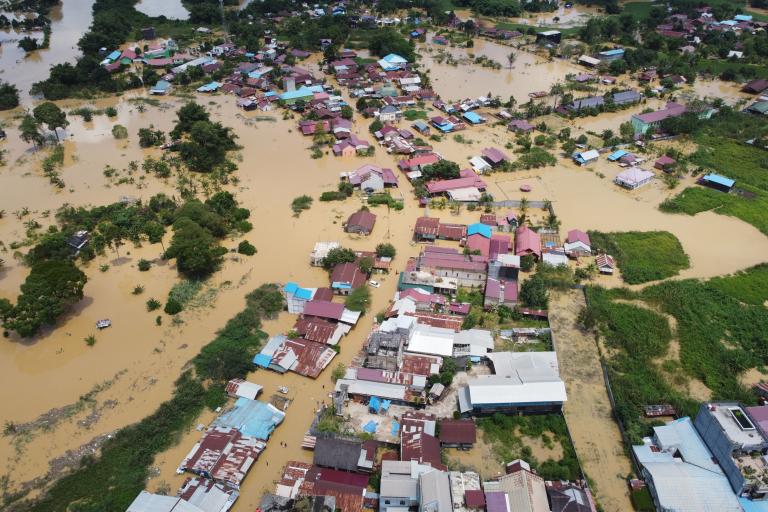A Stronger, More Resilient South-West Pacific

The first phase of the 19th Session of Regional Association V (RA V-19(I)), held online from 9 to 11 September, demonstrated the unwavering commitment of WMO Members in the South-West Pacific to reaching consensus on critical global initiatives that have a direct, positive impact on their communities. In a Region faced with constant threats from hydrometeorological hazards – including tropical cyclones, floods, droughts and sea-level rise – end-to-end and multi-hazard early warning systems are not abstract concepts but matters of life and death. Thus, their adoption of a resolution to bolster the Early Warnings for All (EW4All) initiative and to establish a dedicated Task Team to support and coordinate related activities across the RA’s working bodies.
The session also adopted a list of key Regional Basic Observing Network (RBON) variables and associated observational requirements for implementation. This is a crucial step towards ensuring that RBON implementation in RA V addresses specific regional weather, climate, water and other environmental challenges and monitors priority hazards. This is essential for the implementation of the Early Warning for All initiative and demonstrates the strength of regional cooperation.
Collaboration with regional partners, such as the Secretariat of the Pacific Regional Environment Programme (SPREP) and the Association of Southeast Asian Nations (ASEAN), was also emphasized as essential to achieving the vision of the Region. Synergies with the Weather Ready Pacific Programme were referenced as a key means to strengthen resilience, enhance early warning capabilities and maximize the benefits of investments in weather, climate, water and related services in the Pacific.
RA V elected Mr Laitia Fifita, Director, Tonga Meteorological Service, and Permanent Representative of Tonga to the WMO, as their president, and Mr Misaeli Funaki, Director, Fiji Meteorological Service, and Permanent Representative of Fiji to the WMO, as their vice-president. With strong, cohesive leadership, supported by the RA V Management Group and subsidiary bodies and enabled by the WMO Secretariat, RA V is in a good position to support its Members with the development of more efficient and effective weather, climate, water and related environmental services. This will permit RA V Members to build more resilient communities and to promote sustainable socioeconomic development while protecting lives and livelihoods.
The meeting outcomes demonstrate that the Region’s rich diversity – it encompasses two distinct subregions, Southeast Asia and the Pacific Islands, as well as Australia and New Zealand – works as a catalyst: united by a common purpose, together they translated WMO’s global strategies into concrete, on-the-ground actions to make a tangible difference in people’s lives. This session laid the groundwork for a stronger, more resilient South-West Pacific.
- Region:
- Region V: South-West Pacific


